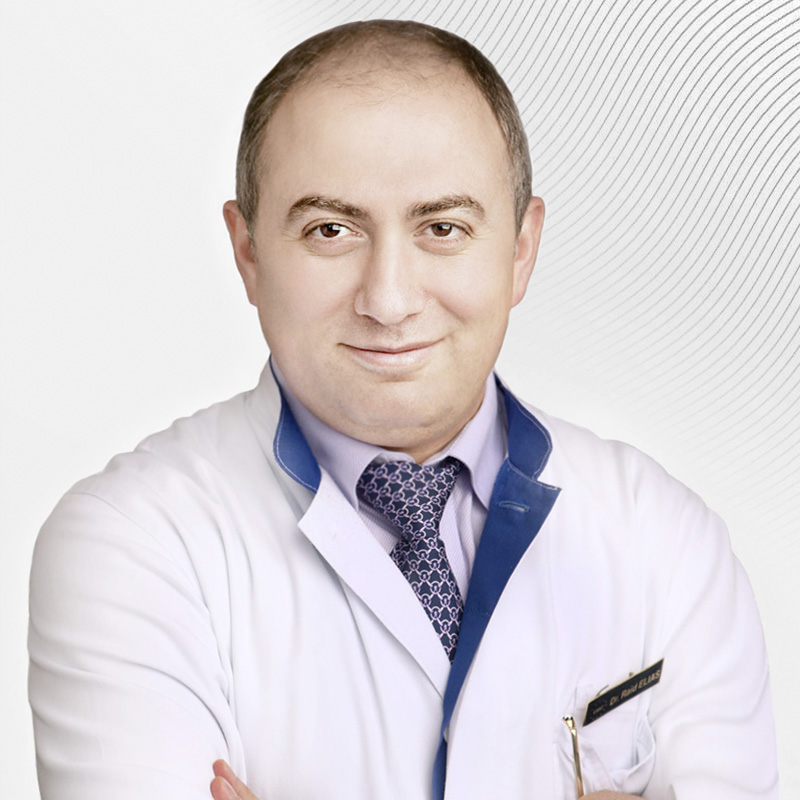Ophthalmology
Diagnosis and treatment of eye diseases — from inflammation and cataracts to laser correction and complex ophthalmic surgery. Modern ophthalmological technologies make it possible to preserve or restore vision, even in advanced cases.
All medical specialties
Ophthalmology in Russia
Vision is one of the most important senses, allowing humans to perceive the world and interact with their environment. Ophthalmology, as a medical field, plays a crucial role in the prevention, diagnosis, and treatment of eye diseases, enabling millions of people around the world to maintain and restore their sight.
Types of Diseases
Eye pathologies can be congenital or acquired and can affect various structures of the eye. The main categories include:
- Refractive disorders — myopia (nearsightedness), hyperopia (farsightedness), astigmatism, presbyopia;
- Inflammatory diseases — conjunctivitis, keratitis, uveitis, blepharitis;
- Degenerative pathologies — glaucoma, cataracts, age-related macular degeneration;
- Traumatic injuries — mechanical, chemical, and thermal injuries;
- Retinal pathologies — diabetic retinopathy, retinal detachment, retinitis;
- Infectious diseases — viral, bacterial, and fungal infections.
Symptoms
Ophthalmic diseases can develop silently for a long time, so it is important to pay attention even to minor changes. The most common symptoms include:
-
Decreased visual acuity
-
Double vision
-
Foreign body sensation
-
Pain, burning, itching
-
Redness of the eyes
-
Photophobia (increased sensitivity to light)
-
Dryness or, conversely, excessive tearing
-
Change in iris or pupil color
-
A "veil" or fog in front of the eyes
-
Worsening peripheral vision
If you notice one or more of these symptoms, it’s important to consult an ophthalmologist as soon as possible. Early diagnosis helps preserve vision and start treatment before complications develop.
Diagnosis
Modern ophthalmology utilizes a wide range of diagnostic methods:
- Visometry — checking visual acuity;
- Refractometry — measuring the degree of refractive disorders;
- Tonometer — measuring intraocular pressure to detect glaucoma;
- Biomicroscopy — examining the eye structures under a microscope;
- Ophthalmoscopy — examining the fundus of the eye;
- Optical coherence tomography (OCT) — diagnosing retinal conditions;
Ultrasound — detecting pathologies of the lens, vitreous body, and retina
Treatment Methods
The choice of treatment method depends on the nature of the disease and its stage. The main approaches include:
- Conservative therapy — drug treatment using drops, ointments, and medications to improve blood circulation;
- Vision correction — prescribing glasses or contact lenses;
- Laser treatment — laser vision correction, glaucoma treatment, retinal coagulation;
- Surgical operations — cataract removal with artificial lens implantation, vitrectomy, corneal transplantation;
- Physiotherapy methods — magnetotherapy, ultrasound, and laser stimulation.
Ophthalmology in Russia with MARUS Support
Modern ophthalmology in Russia offers precise diagnostics, laser technologies, and microsurgery at the country’s leading clinics. The MARUS platform helps patients choose the right medical facility, arrange all necessary documents, and receive treatment from specialists working to international standards. We support you at every stage — from the initial consultation to full recovery.
Submit a request — and we will help you find an ophthalmology clinic where your vision can be restored quickly and safely.
Ophthalmology
Oncology
Dentistry
Oncohematology
Care Assistants
All information on this website is provided for informational purposes only and does not constitute medical advice. All medical procedures require prior consultation with a licensed physician. Treatment outcomes may vary depending on individual characteristics. We do not guarantee any specific results. Always consult a medical professional before making any healthcare decisions.

Doctors
Choose the package that suits you best — from selecting the right doctor and clinic to full trip and treatment organization
MARUS support options
Choose a package that works for you — from choosing your doctor to full-service travel and treatment
Send a request
You choose the clinic — we’ll take care of travel and treatment arrangements and all the paperwork.




